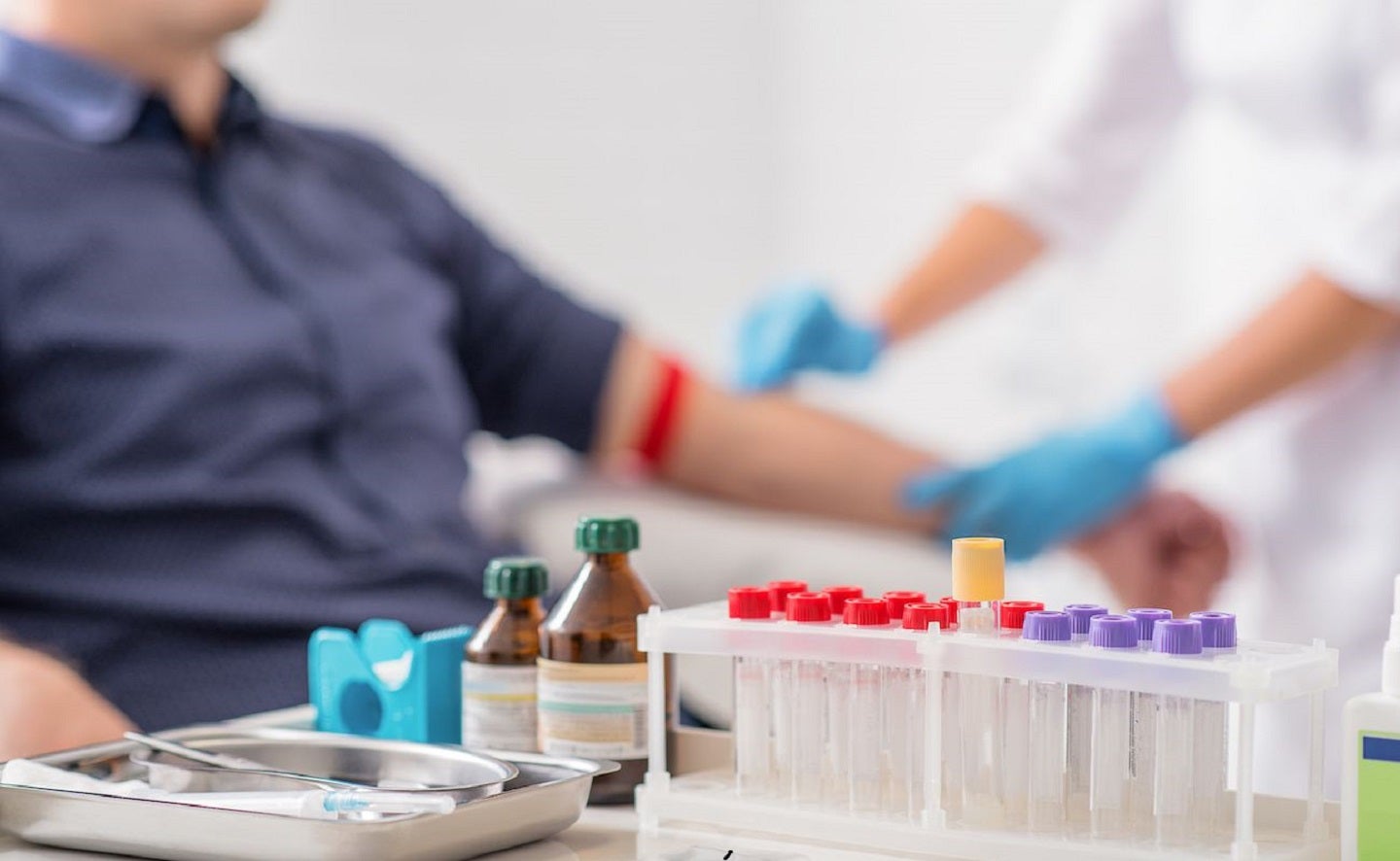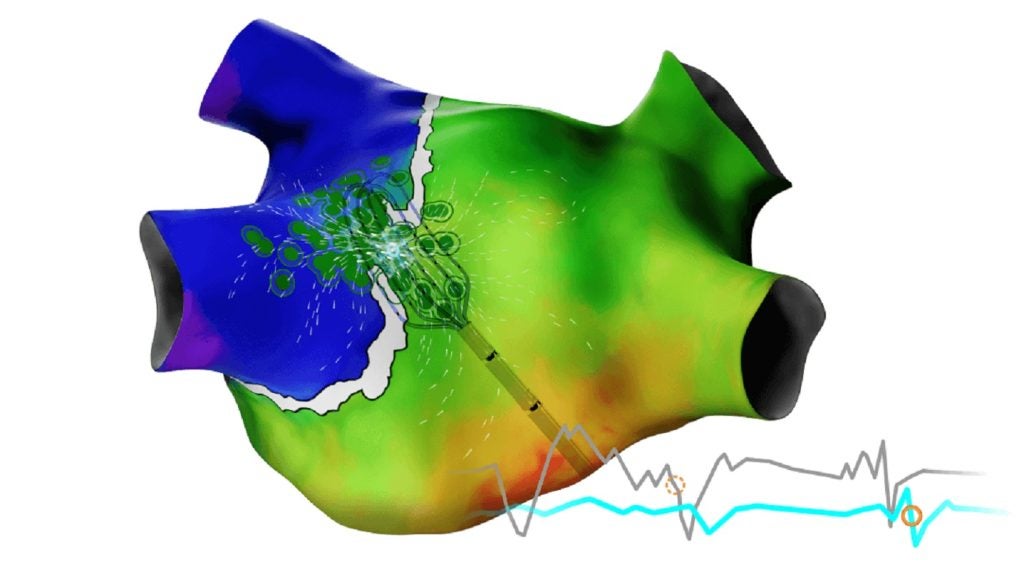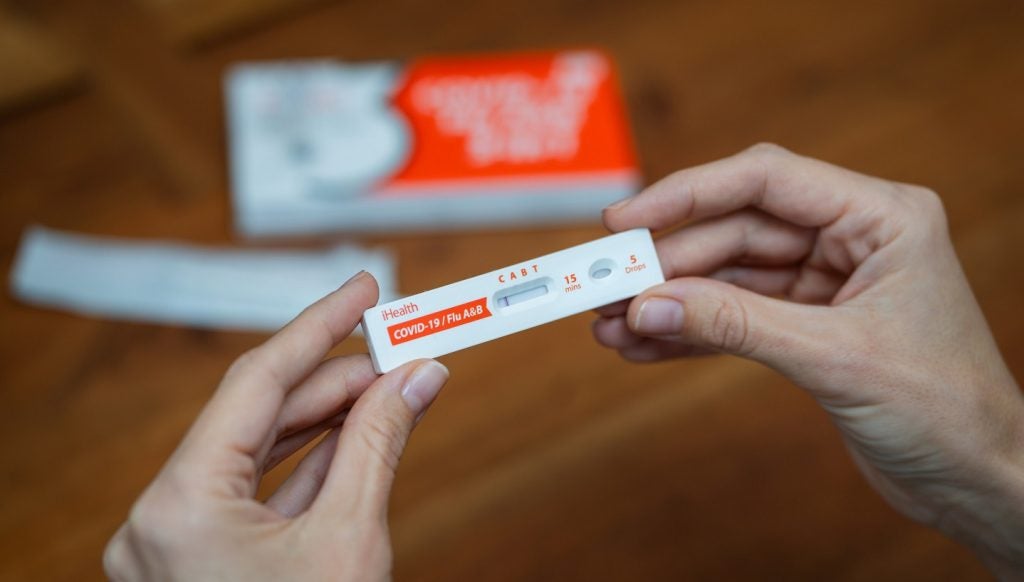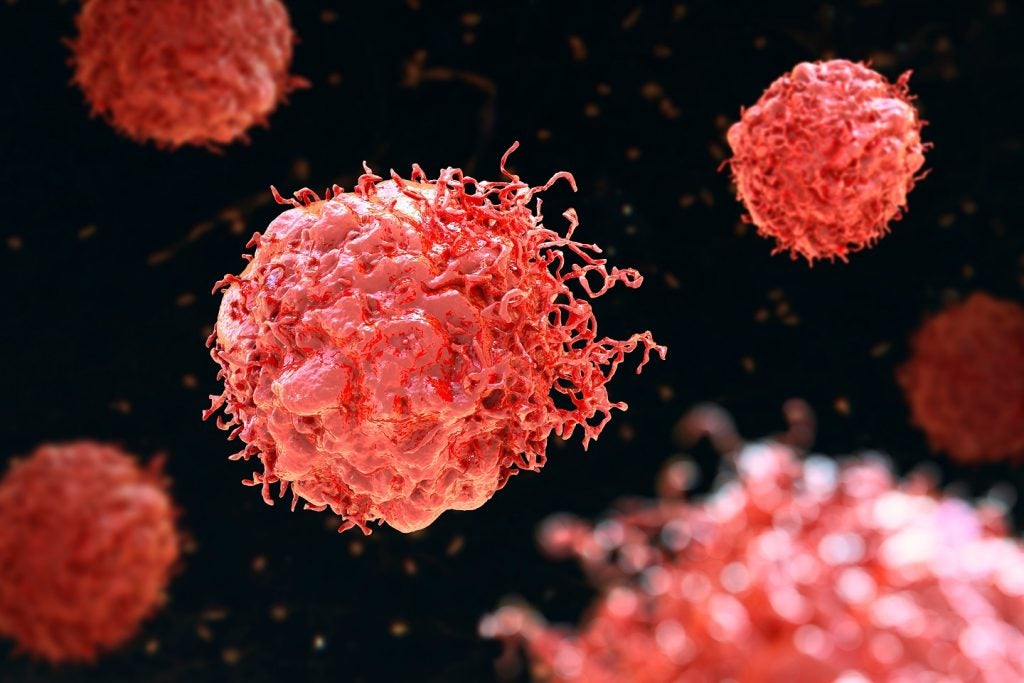
US-based Roswell Park Comprehensive Cancer Center has introduced the new advanced, high-speed blood cancer test, PanHeme.
Leveraging next-generation gene sequencing technology, the new test will enable the diagnosis of blood cancers such as multiple myeloma, lymphoma and leukaemia.
The test can accurately detect gene mutations in hundreds of genes within 72 hours, a significant improvement from the current wait time of three to four weeks for molecular testing.
Recently, Agilent Technologies obtained a licence for the commercial development of this test.
The PanHeme panel covers all haematological malignancies and every mutation needed for diagnosing, treating and determining the prognosis for these patients.
Furthermore, the test screens the RNA and DNA of patients looking for insertions, deletions and fusions, as well as other variations and mutations in their genes and chromosomes.
How well do you really know your competitors?
Access the most comprehensive Company Profiles on the market, powered by GlobalData. Save hours of research. Gain competitive edge.

Thank you!
Your download email will arrive shortly
Not ready to buy yet? Download a free sample
We are confident about the unique quality of our Company Profiles. However, we want you to make the most beneficial decision for your business, so we offer a free sample that you can download by submitting the below form
By GlobalDataOver the last 18 months, Roswell Park’s haematologic oncologists have deployed the PanHeme test to assist in the clinical treatment of over 1,400 blood cancer patients, conducting the panel on approximately 50 to 60 blood samples each week.
Roswell Park Myeloma chief Jens Hillengass said that pinpointing the variations is important to guide treatment decisions for multiple myeloma and Waldenstrom’s macroglobulinemia patients.
Hillengass said: “This means we can use medications that are FDA-approved for other diseases but that attack the same mutation that can occur in myeloma—and those medications might work better than standard myeloma treatments.”







